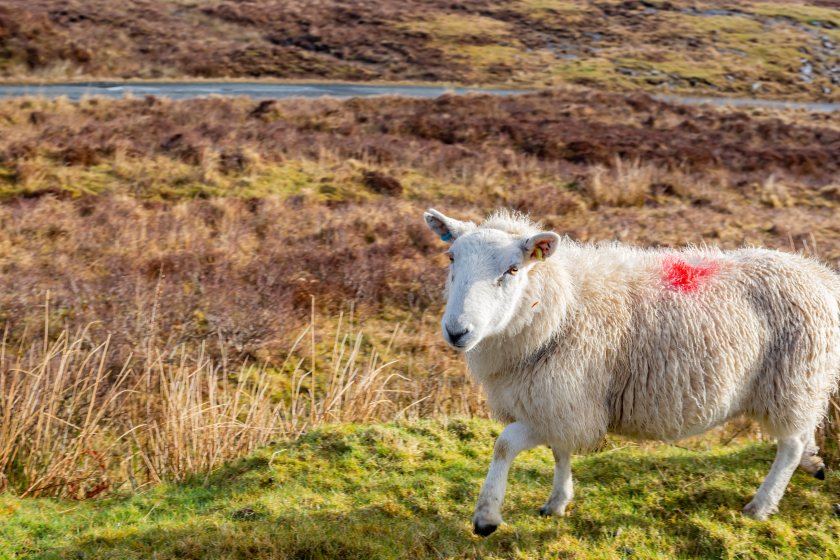
Farmers have hit out at Northern Ireland’s first Peatland Strategy, warning it risks side-lining rural communities and undervaluing generations of land management.
The Department of Agriculture, Environment and Rural Affairs (DAERA) published the strategy last week, setting out a vision to protect, restore and manage peatlands by 2040.
Proposals include restricting the sale of peat products, introducing a wildfire strategy, and creating a peatland register to identify the areas most in need of support.
Ulster Farmers' Union deputy president Glenn Cuddy said the UFU “understands the need for a peatland strategy” but criticised the document for failing to recognise farmers’ role in upland management.
“It has completely overlooked the role of farmers in managing peatland soils. The strategy discusses ‘new knowledge and evidence’ transfer but fails to consider the generational expertise of farmers who have farmed these hills for centuries.”
He added that farmers must be able to manage the habitat in ways that balance environmental goals with the viability of their farm businesses.
The UFU also objected to the way degradation is described. Cuddy said: “The language within the strategy is unfair stating that ‘most of our peatlands have been degraded to some degree’ and many ‘are in poor condition’. The blame is placed on ‘turf cutting, drainage, grazing, burning and air pollution’.”
He argued that whole areas are often classified as degraded when only small parts are affected, and this is wrongly assumed to be farmers’ fault. Other factors, such as past government policies and neighbouring conifer plantations, are also overlooked.
On fire management, he stressed that controlled burning remains a valuable tool: “It must be recognised that there are more wildfires in NI than controlled burning, a necessary tool for wildfire prevention and habitat management.”
While the strategy talks about creating “good green jobs”, the UFU warns restoration efforts could put farming livelihoods at risk if handled insensitively. Cuddy also raised concerns over DAERA’s timetable for phasing out the retail sale of peat in horticulture by 2030.
“It is the UFU’s understanding that our local and wider horticulture sector is not placed to phase out the use of peat by 2030 and that much research and industry confidence on alternative growing media is needed to protect the viability of local horticultural businesses,” he said.
He added that heritage issues, such as traditional peat cutting and its cultural role in rural communities, have not been properly considered.
The UFU is opposed to further land designation, warning it would devalue property and add restrictions. Proposals to conserve and manage “peatland soils” also raise concerns where land is currently productive for farming.
Cuddy stressed that funding must not be diverted from existing schemes. “If farmers are expected to deliver a public good in the form of improving water quality, alleviating flooding, conserving biodiversity and producing food, it will require additional public money and this support needs to be long-term.”
The UFU insists DAERA cannot succeed without securing farmer buy-in. “For this strategy to be successful, DAERA need buy in from the main stakeholder, our farmers.
"They need to be treated as equal and for their expertise and contribution to be valued, and should a peatland strategy steering group be established, the UFU need a seat at the table.”
